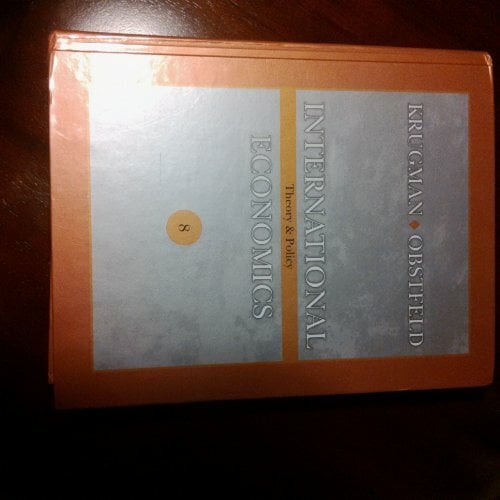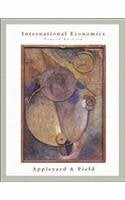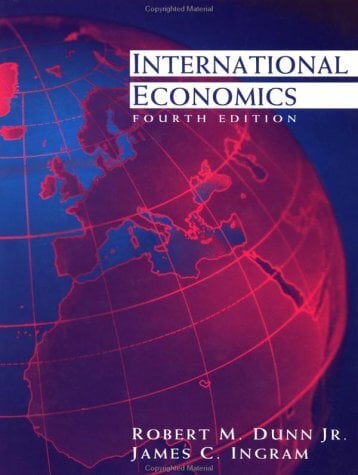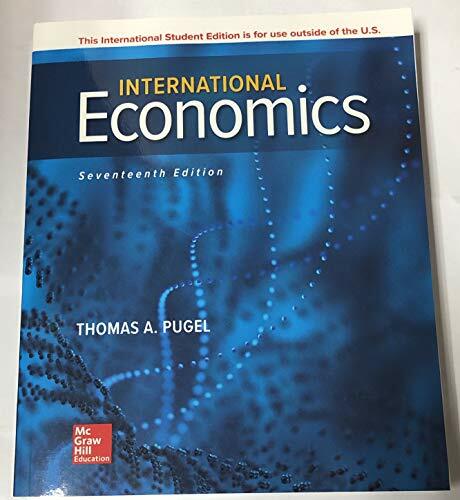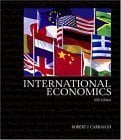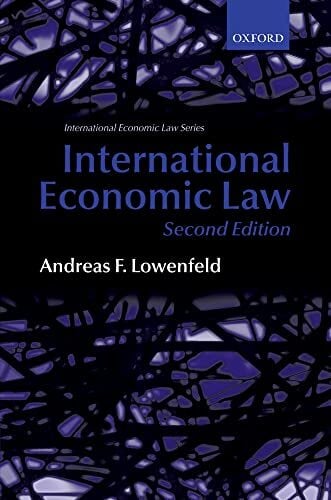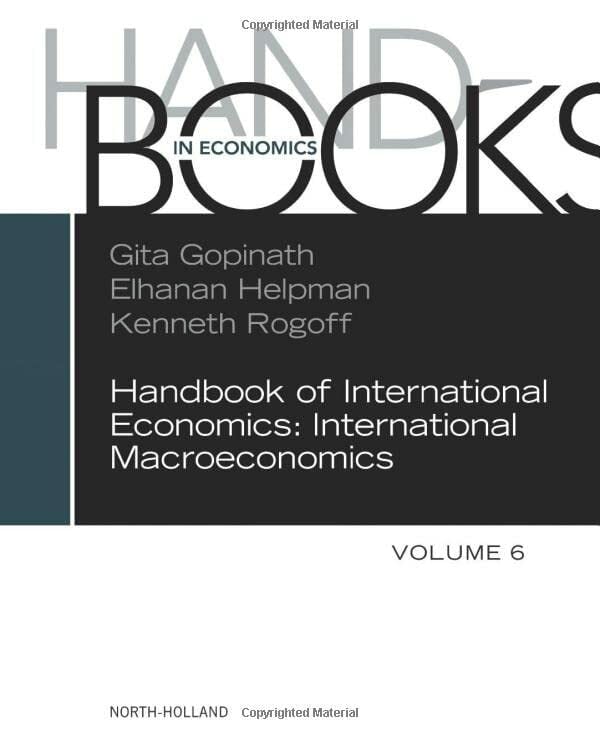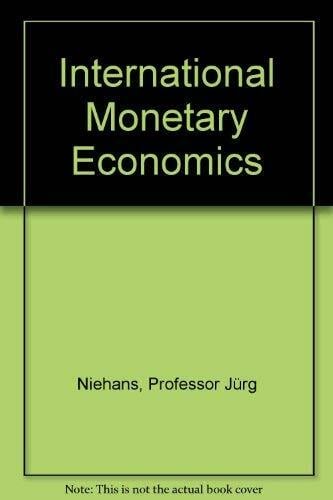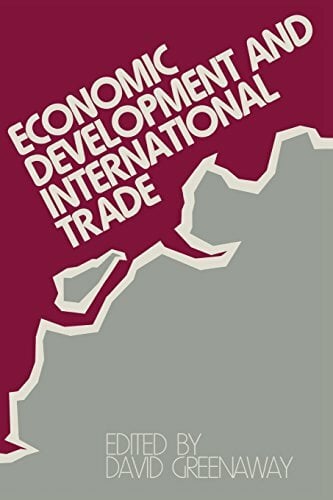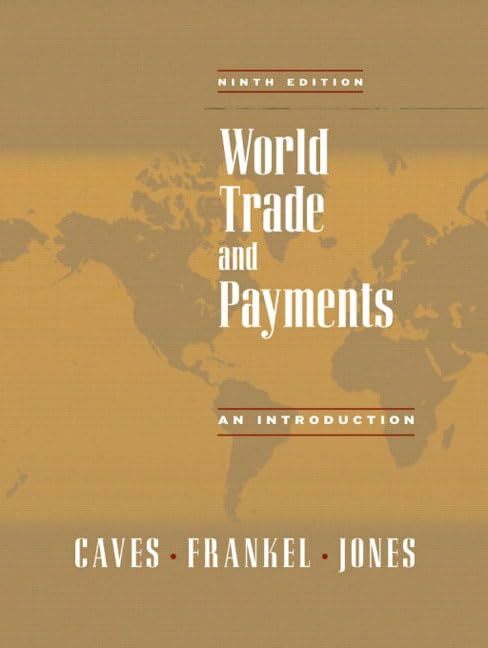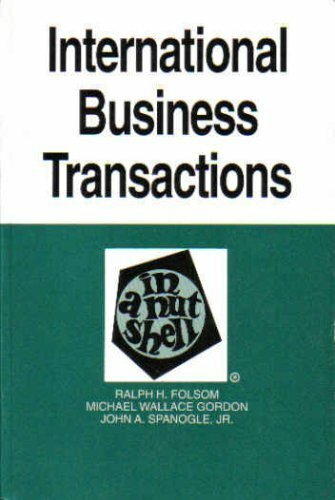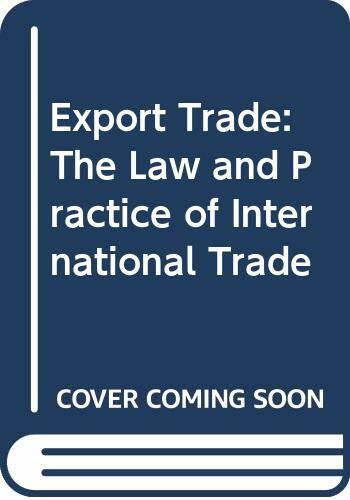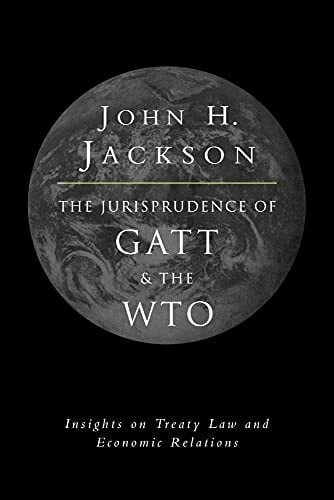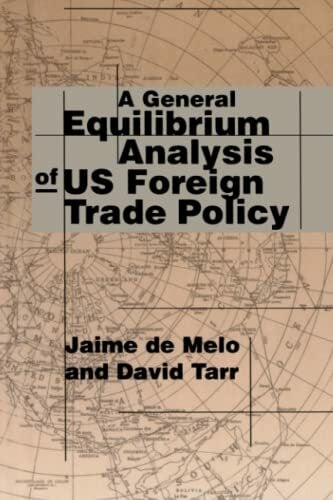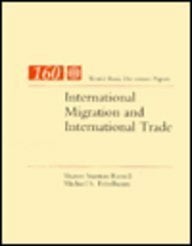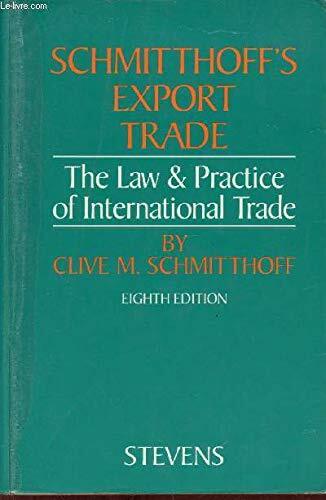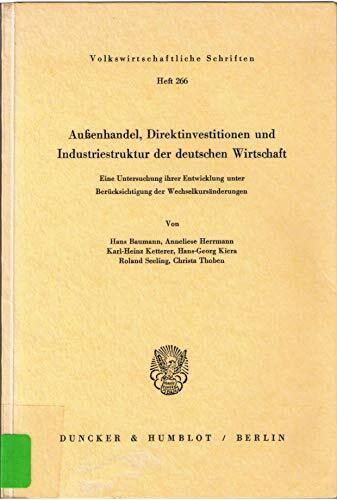
Internationale Wirtschaft: Theorie und Praxis der internationalen Wirtschaftsbeziehungen
inkl. MwSt. Versandinformationen
Lieferzeit 1-3 Werktage
Lieferzeit 1-3 Werktage
Kurzinformation
inkl. MwSt. Versandinformationen
Lieferzeit 1-3 Werktage
Lieferzeit 1-3 Werktage

Beschreibung
"Internationale Wirtschaft: Theorie und Praxis der internationalen Wirtschaftsbeziehungen" von Dieter Hoppen ist ein umfassendes Lehrbuch, das sich mit den grundlegenden Theorien und praktischen Aspekten der internationalen Wirtschaftsbeziehungen befasst. Das Buch bietet einen detaillierten Überblick über die verschiedenen Aspekte der internationalen Wirtschaft, einschließlich Handelstheorien, internationale Finanzmärkte, Wechselkurssysteme und die Rolle internationaler Institutionen. Hoppen erklärt sowohl klassische als auch moderne Theorien des internationalen Handels und untersucht deren Anwendung in der heutigen globalisierten Welt. Zudem werden aktuelle Themen wie Globalisierung, regionale Handelsabkommen und die wirtschaftlichen Auswirkungen politischer Entscheidungen behandelt. Der Autor kombiniert theoretische Ansätze mit praktischen Beispielen, um den Lesern ein tiefes Verständnis für die Dynamik der internationalen Wirtschaft zu vermitteln. Das Buch richtet sich an Studierende der Volkswirtschaftslehre sowie an Fachleute, die ein tieferes Verständnis für internationale wirtschaftliche Zusammenhänge erlangen möchten. Es dient als wertvolle Ressource für diejenigen, die sich mit den Herausforderungen und Chancen einer zunehmend vernetzten Weltwirtschaft auseinandersetzen wollen.
Produktdetails

So garantieren wir Dir zu jeder Zeit Premiumqualität.
Über den Autor

- Kartoniert
- 824 Seiten
- Erschienen 2022
- Pearson
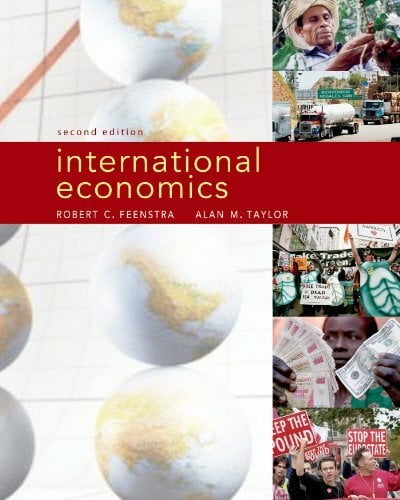
- hardcover
- 904 Seiten
- Erschienen 2011
- Worth Pub
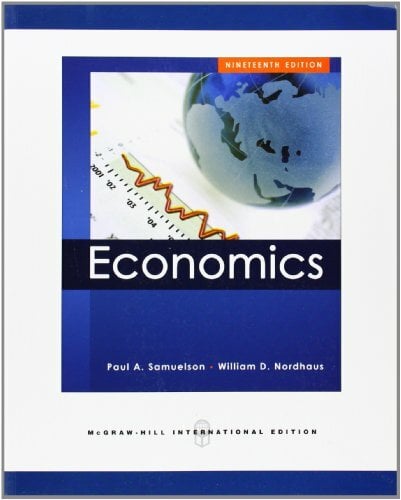
- Kartoniert
- 715 Seiten
- Erschienen 2009
- Mcgraw-Hill Higher Education
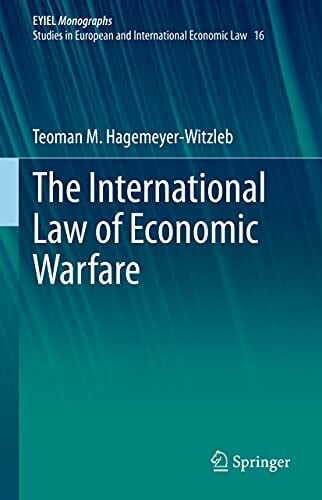
- hardcover
- 423 Seiten
- Erschienen 2021
- Springer
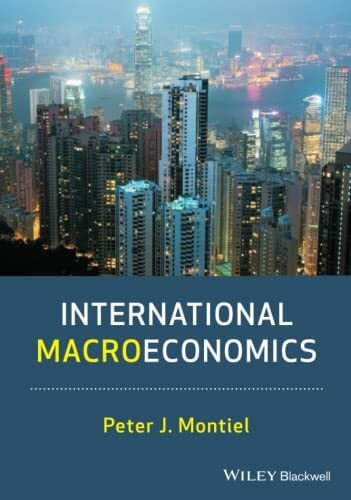
- Gebunden
- 512 Seiten
- Erschienen 2009
- Wiley-Blackwell
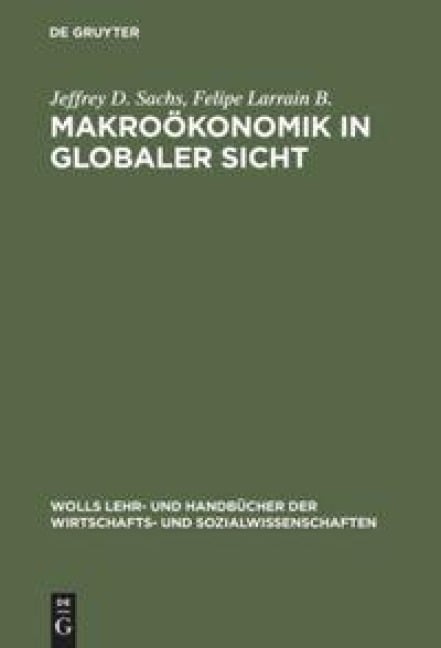
- Gebunden
- 992 Seiten
- Erschienen 2001
- De Gruyter Oldenbourg

- Gebunden
- 238 Seiten
- Erschienen 2011
- Springer
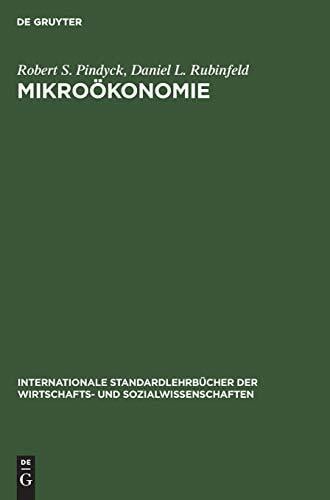
- hardcover
- 918 Seiten
- Erschienen 1998
- De Gruyter Oldenbourg





